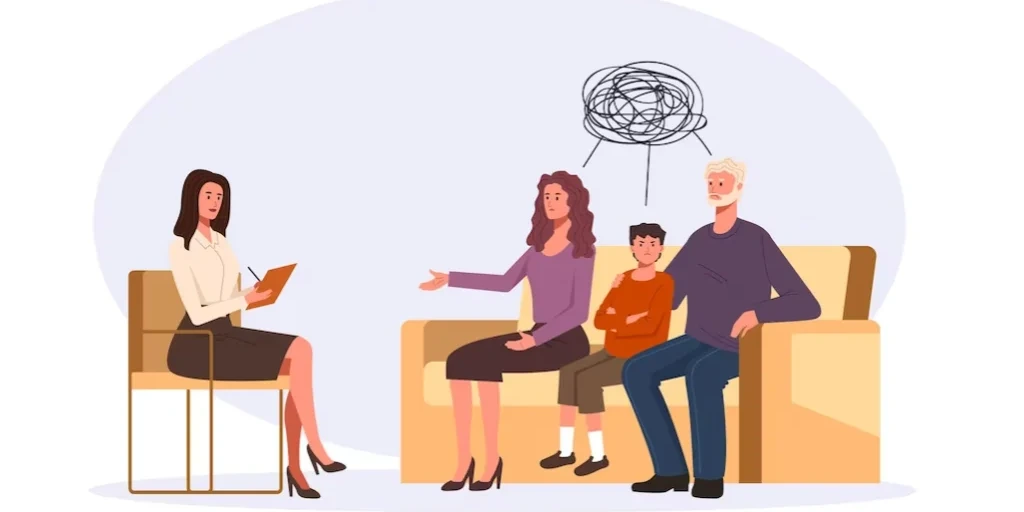24/7 Helpline:
(866) 899-221924/7 Helpline:
(866) 899-2219
Learn more about Eating Disorder Treatment centers in Hood River County

Other Insurance Options

Cigna

UMR

Access to Recovery (ATR) Voucher

State Farm

United Health Care

Amerigroup

Ambetter

Sliding scale payment assistance

Regence

ComPsych

Evernorth

Group Health Incorporated

Multiplan

Oxford

Absolute Total Care

Anthem

Health Partners

MVP Healthcare

Excellus

Optima

Providence Hood River Memorial Hospital Behavioral Health
Providence Hood River Memorial Hospital Behavioral Health is a private rehab located in Hood River, ...

Mid Columbia Center for Living
Mid Columbia Center for Living is a public rehab located in Hood River, Oregon. Mid Columbia Center ...








































